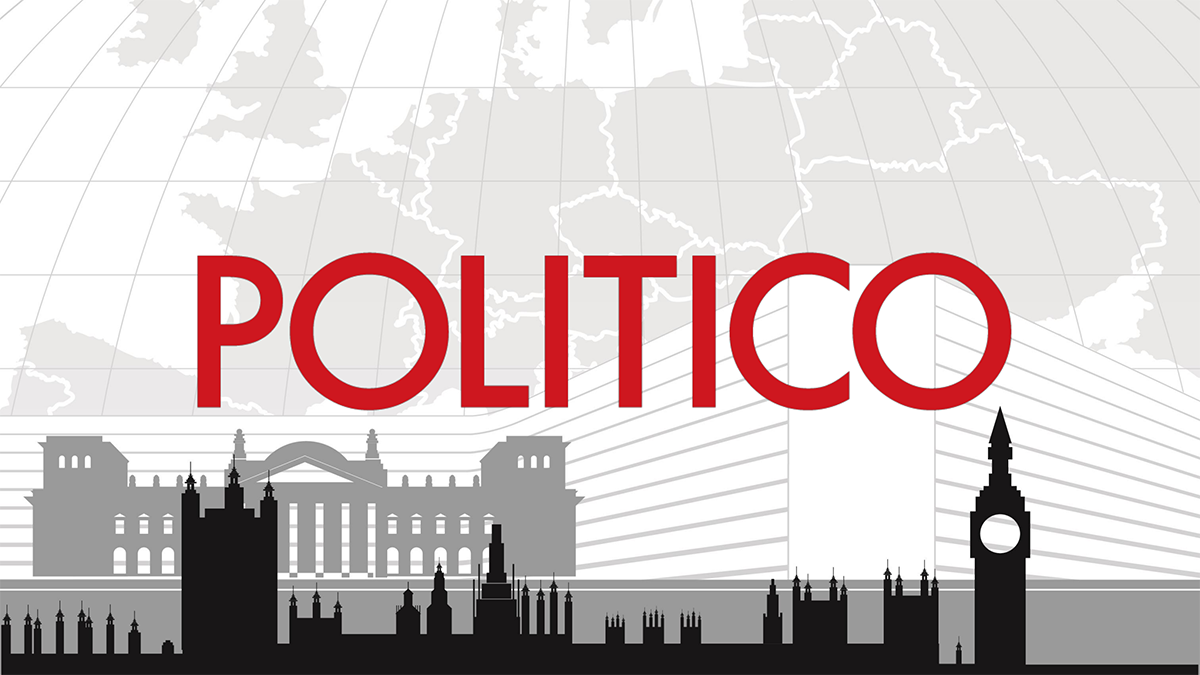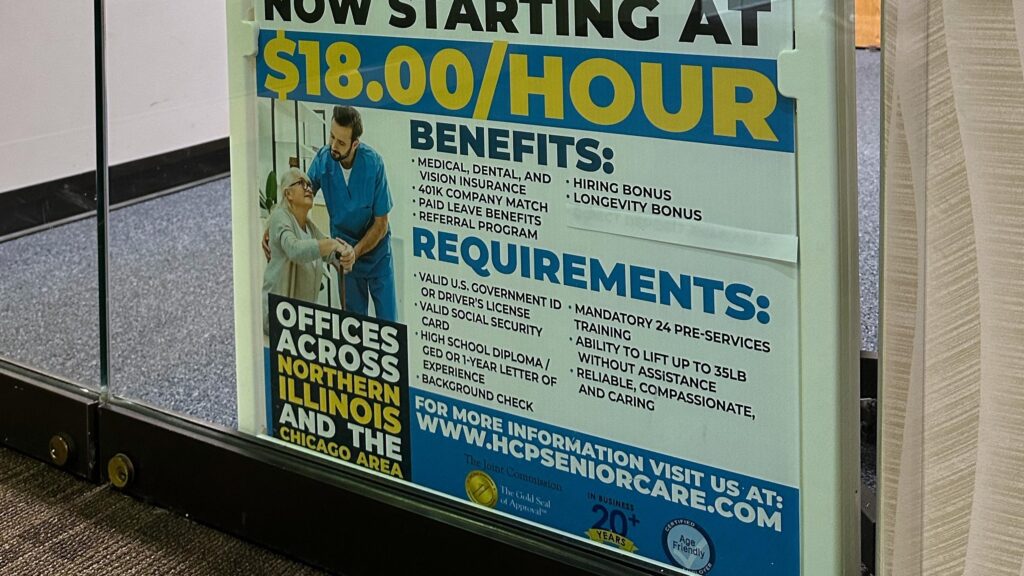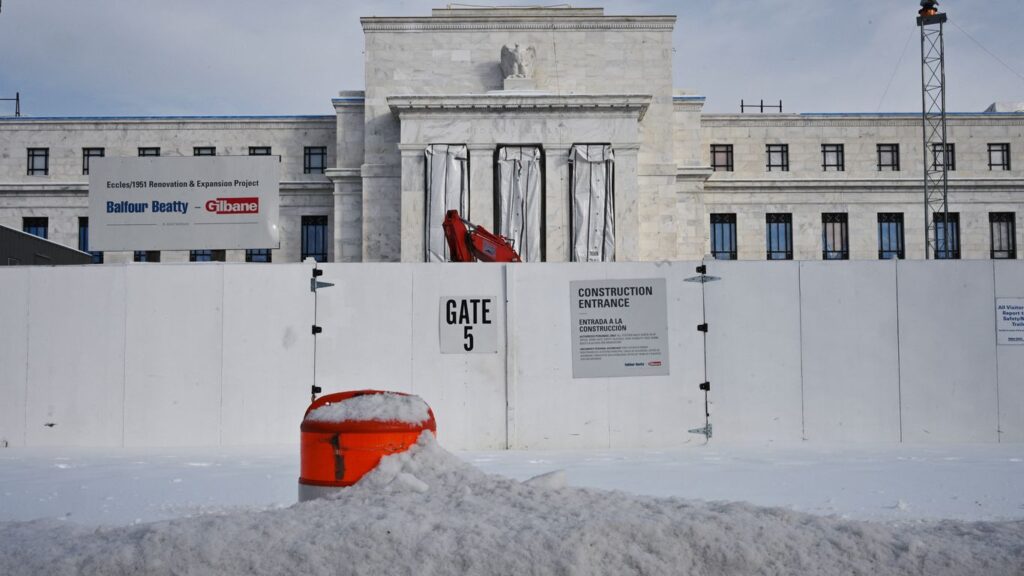 |
| Gold V.1.3.1 signal Telegram Channel (English) |

France’s Credit Rating Downgrade to A+: Implications for the Economy, Investors, and Political Stability
2025-09-13 @ 22:01
France’s Credit Rating Downgrade: What It Means for the Economy and Investors
In a significant move that has captured attention across financial markets, the United States-based credit rating agency Fitch downgraded France’s sovereign debt rating from AA- to A+. This downgrade marks France’s lowest credit rating on record, signaling growing concerns about the country’s fiscal health and political stability at a time when the nation faces economic and governmental turbulence.
Why Did Fitch Downgrade France?
Fitch’s decision rests on two primary issues: France’s persistent deficit and its rising public debt burden. Despite fiscal targets set by the government, the nation’s public deficit remains stubbornly high. For 2025, Fitch projects France will run a fiscal deficit of 5.5% of GDP, only marginally down from 5.8% in 2024 and slightly above the government’s target.
More worrying for Fitch is the country’s “high and rising” national debt. France has struggled to generate sufficient growth or spending cuts to meaningfully slow the pace of debt accumulation. Combined with the political gridlock emerging from recent legislative elections—where the government failed to secure a parliamentary majority—Fitch sees increased uncertainty around the adoption of effective fiscal reforms.
The Broader Context: How Far Has France Fallen?
The downgrade is not merely technical; it has important symbolic and practical repercussions. France lost its coveted “triple A” status—a sign of ironclad financial stability—more than a decade ago. The latest cut means the country can no longer claim even a “double A” rating, a status still held by fiscally robust eurozone neighbors like Germany, the Netherlands, and Austria. Now, France’s credit rating sits alongside countries such as Estonia, Malta, Saudi Arabia, and China—a position that reflects diminished confidence among global investors.
For international observers and market participants, France’s downgrade creates a more pronounced gap between the continent’s largest economies. While Germany continues to set the gold standard for credit reliability, France’s financial trajectory appears less secure, particularly in an era of heightened economic and political volatility in Europe.
Political Turmoil Adds to Economic Uncertainty
The timing of the downgrade is particularly challenging for the nation’s new Prime Minister, Sébastien Lecornu, who stepped into office amid ongoing political unrest. The new administration faces the formidable task of shoring up public finances despite lacking a clear majority in parliament—a circumstance that threatens to stall or dilute much-needed reform efforts.
Political paralysis has made it increasingly tough for France to pass budgets or enact deficit-reducing measures. This impasse undermines the government’s ability to reassure financial markets and rating agencies, causing the cost of borrowing for the country to rise and investor confidence to wane.
What Does the Downgrade Mean for Investors and the French Economy?
A lower credit rating generally means that France will have to pay higher interest rates on its debt, increasing the burden on government finances. This, in turn, can crowd out spending for public services or investment. If financing French debt becomes more expensive, the government may be forced to implement tighter fiscal policies, such as tax hikes or spending cuts, both of which can dampen economic growth.
For investors, France’s new rating may prompt a reassessment of French bonds as a safe-haven asset. Institutions with strict ratings-based investment mandates may reduce their exposure, leading to increased yields and price volatility on French government securities.
Nonetheless, France remains a pillar of the eurozone economy, with considerable economic and institutional strengths. Its downgrade does not suggest an imminent crisis, but rather a reminder of the mounting long-term challenges confronting both its fiscal management and political cohesion.
Where Does France Go from Here?
Prime Minister Lecornu and his government now face intense pressure to push through credible fiscal reforms and rebuild market confidence. Achieving this will require difficult political negotiations and potentially unpopular measures to confront the deficit and rein in debt levels.
The downgrade could serve as a catalyst for renewed urgency among policymakers, motivating both government and opposition to find common ground on budgetary issues. The ability of France’s leadership to respond decisively will be closely watched by markets, European partners, and rating agencies alike.
Final Thoughts
France’s credit rating downgrade reflects powerful economic and political headwinds. For investors and policymakers alike, it underscores the importance of sound fiscal management and stable governance in maintaining economic confidence—even for the world’s most developed economies. The months ahead will reveal how France navigates these challenges and whether it can begin to restore its standing on the global financial stage.












